The high tariffs imposed by the United States on China have been isolating itself on trade-related issues, experts say.
"At the end of the day, the U.S. will, in the long term, hurt itself," said Sourabh Gupta, a senior fellow at the Institute for China-America Studies in Washington. "The tariffs will isolate the U.S. on trade-related issues."
On Sept 13, the U.S. Trade Representative confirmed that tariffs on hundreds of products, including electric vehicles and EV batteries, semiconductors and solar cells, would be raised following proposals from the White House and a review by the representative under Section 301 of the Trade Act of 1974.
The tariff on Chinese EVs will be increased from 25 percent to 100 percent within two weeks, and a 25 percent tariff will be imposed on Chinese EV batteries, the representative said. Reuters reported that Lael Brainard, the top White House economic adviser, said the decision was made to ensure the U.S. EV industry diversifies away from China's dominant supply chain.
Gupta said the charge that China takes part in unfair competition is "a false argument". The U.S. is not a competitive player in this industry and is seeking to incubate a domestic EV sector dominated by U.S. players rather than Chinese ones, he said. "And that is the reason these tariffs have been imposed."
Tariffs are counterproductive to boosting the competitiveness of U.S. EVs in the global market, he added.
"To become the most competitive player in EVs, you need to create the most competitive marketplace. By blocking out the most competitive cars, which are Chinese cars, from its marketplace, the U.S. is hurting itself in the long term."
China, he said, will produce EVs both domestically and internationally, making it "super competitive globally". In contrast, the U.S. is relying on "these protectionist measures" to ensure that U.S. EV makers dominate the domestic market, which will leave them uncompetitive internationally.
In the latest action, Chinese lithium-ion batteries not used for EVs will face a 25 percent tariff from 2026.Solar cells and semiconductors will incur a 50 percent tariff starting in 2025 and 2026, respectively.
Gupta said the U.S. is already lagging behind China in the solar and photovoltaic sectors. Similar to the EV industry, the U.S. has imposed high tariffs to give the domestic manufacturers some breathing room to capture a portion of the market. However, he said it will "never" be able to compete internationally.
In sectors such as semiconductors, these tariffs mostly relate to legacy products, he said.
"Because at the high end, at the competitive end, the American strategy is through export controls rather than tariffs," he said. "The way to do that is through export controls to deny China the chance to catch up with it."
Domestic capacity
He explained that most areas where tariffs are imposed are those in which the U.S. is not as competitive as China. By imposing tariffs, the U.S. hopes to create domestic manufacturing capacity in these industries.
Chris Pereira, founder and CEO of iMpact, a communications and business consulting group, said these tariffs defy market principles, contradict economic wisdom and negatively affect the U.S. market and consumers.
"The U.S. should maintain its openness and competitive edge to preserve its long-term global influence. History has shown that the world still moves on when a country closes its doors," Pereira said.
Chinese companies, with their long-term vision, see opportunities worldwide, he said.
"Mexico and Indonesia each have one-third of the U.S. population, and the total population of South American countries exceeds that of the U.S., proving that the U.S. is not the only market," he said.
"Don't let policy hinder the way of progress."
Gupta said U.S. businesses and industries understand the value of competitive marketplaces, with most understanding that tariffs effectively turn out to be a tax ultimately paid by consumers. As a result, they have opposed tariffs for a long time, viewing them as a form of deadweight that does not stimulate investment or enhance competitiveness.
He said a fair amount of academic work has emerged demonstrating the ineffectiveness of tariffs since former U.S. president Donald Trump imposed them.
For example, the concept of "friend-shoring", proposed by Treasury Secretary Janet Yellen in 2022, is said to build more resilient supply chains by using tariffs to limit networks to allies and friendly countries.
"What has happened is that the supply chain has just gotten lengthened," Gupta said. "Instead of the product being produced in China and exported to the U.S., the final product is now assembled, maybe in Vietnam or Mexico, but it still involves Chinese inputs."
Consequently, the supply chain has become less resilient, not more, he said.
In addition, increased U.S. tariffs targeting China are actually leading to a "virtuous process" for Chinese manufacturers, pushing them to invest abroad and learn how to set up factories overseas, he said, emphasizing that it is the trend that China's share of global goods is on the rise.
"These tariffs are coming back to hurt the U.S. in a very big way, both in the medium and long term. They are making the U.S. an uncompetitive producer and adding to consumers' costs," he said.
These measures complicate business decision-making and, in the long run, will enable China to diversify its foreign direct investment while strengthening ties with European countries, he said.











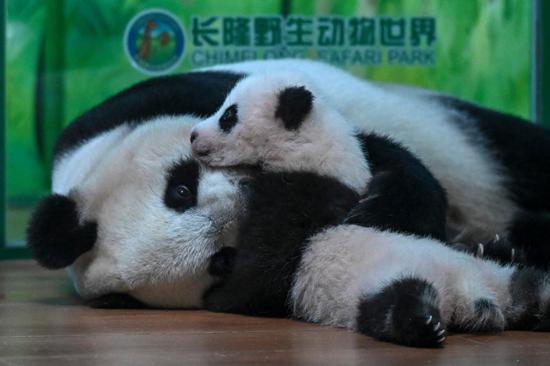
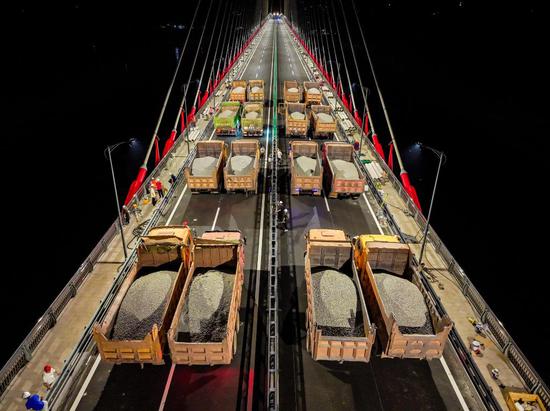
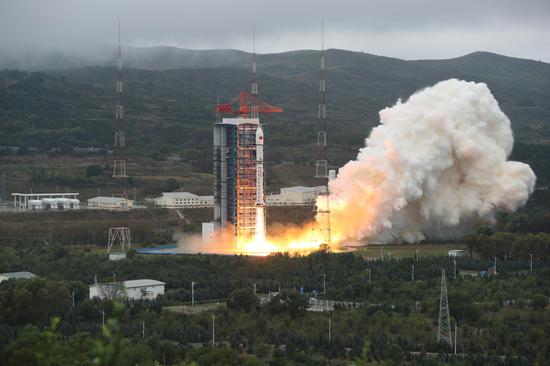
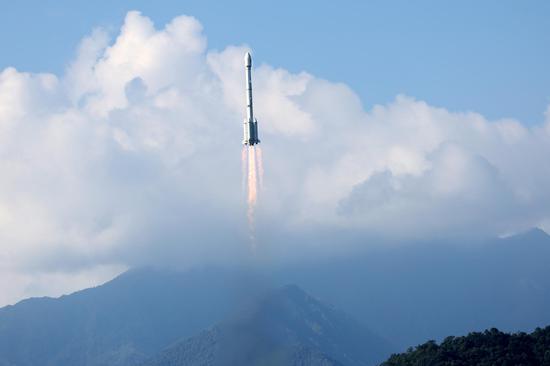
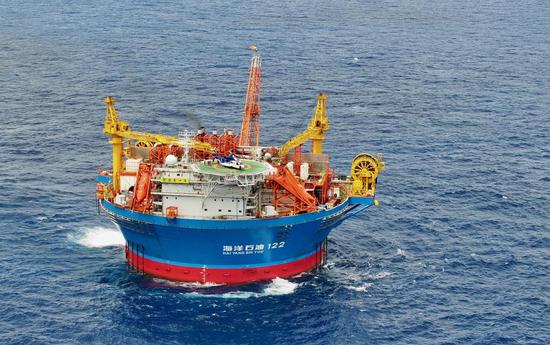
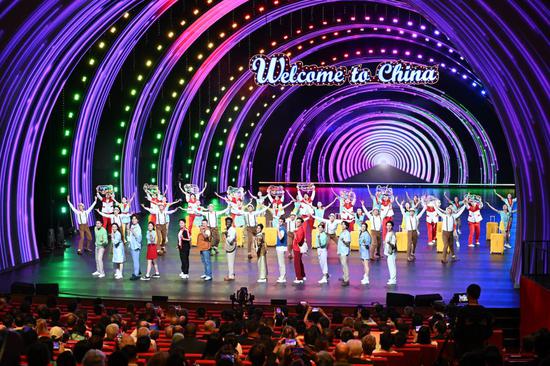




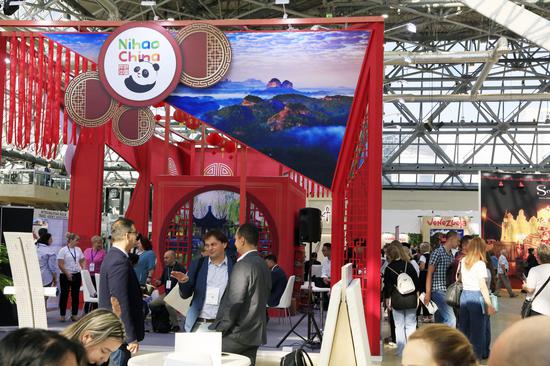

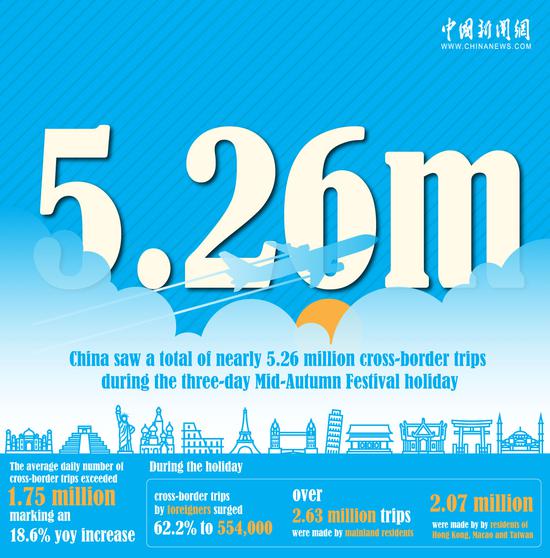
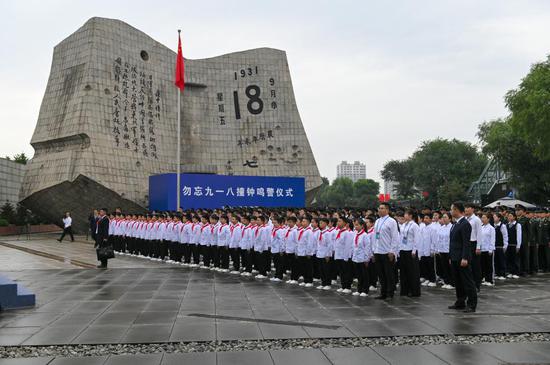

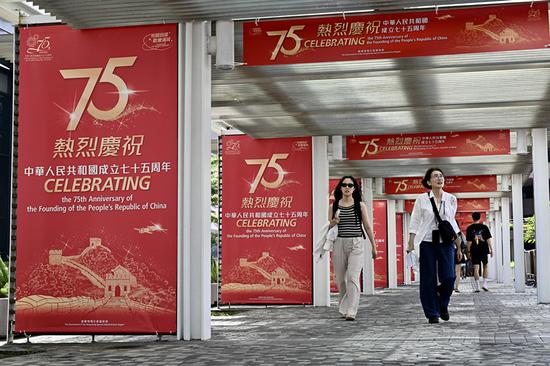

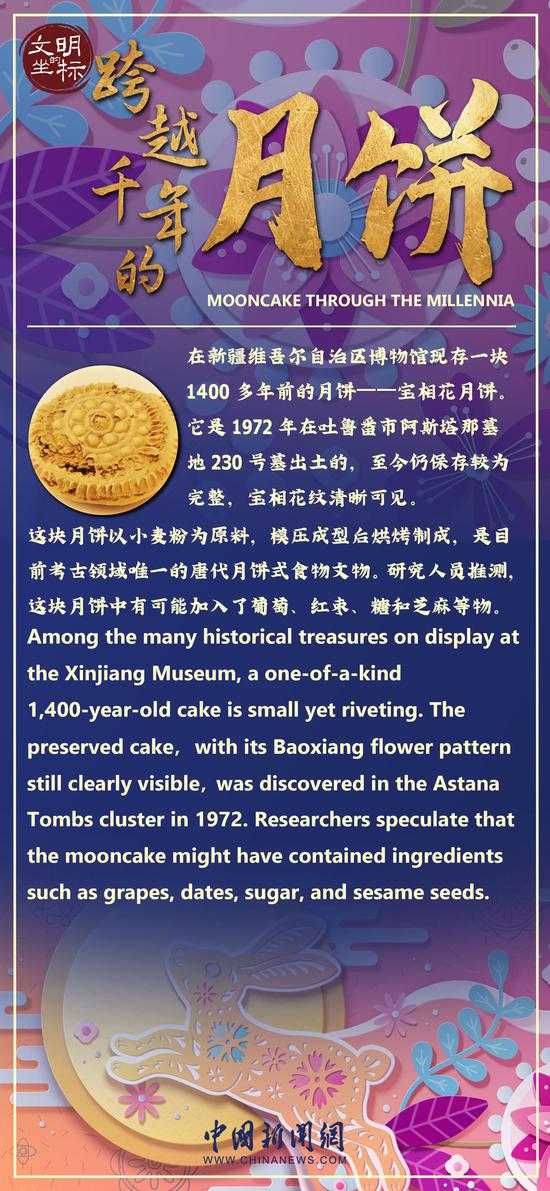
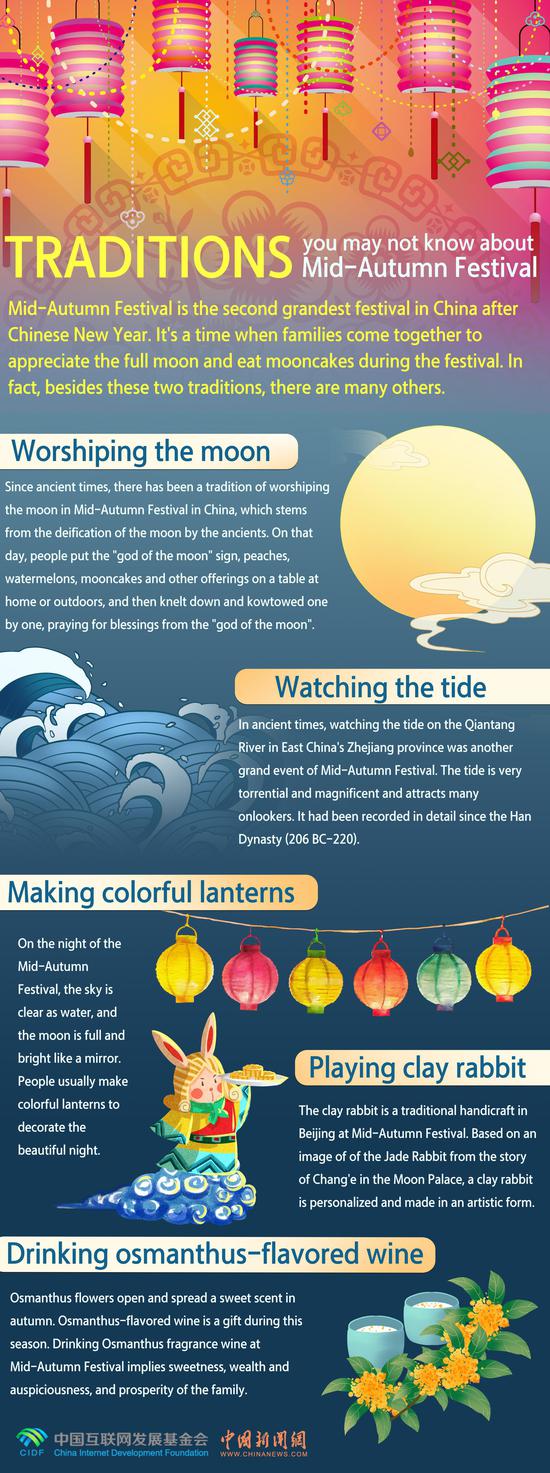
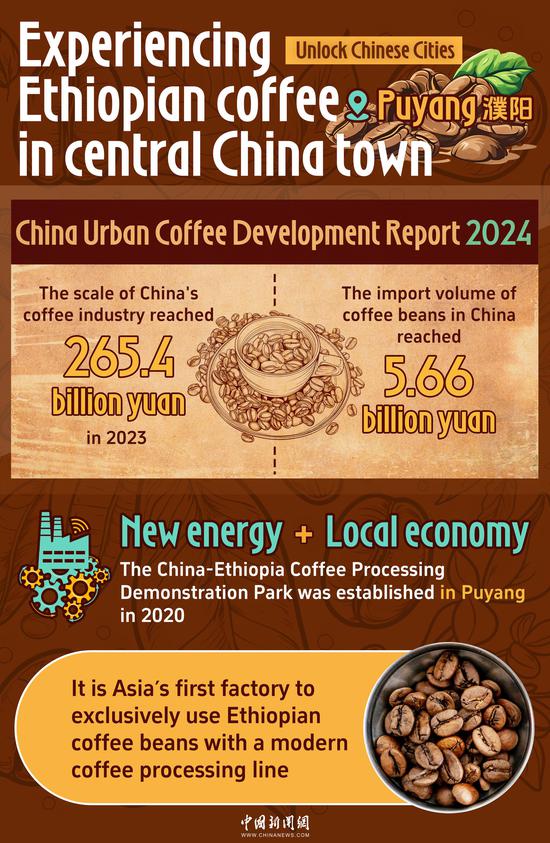
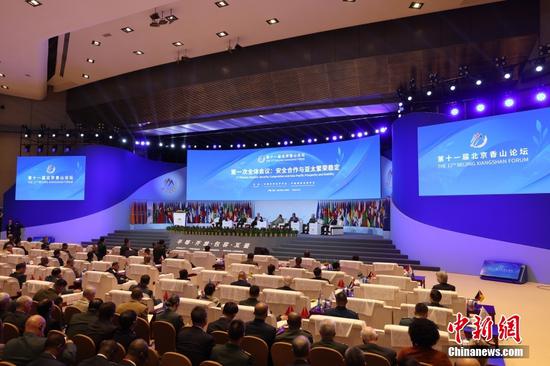



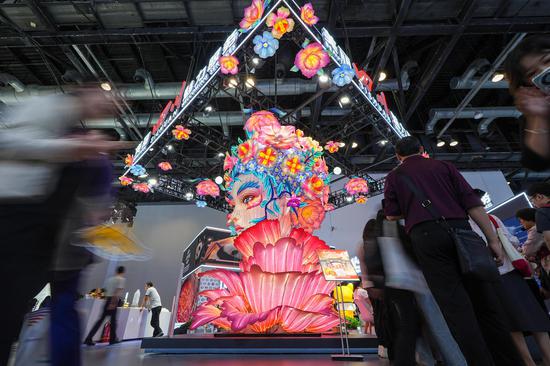


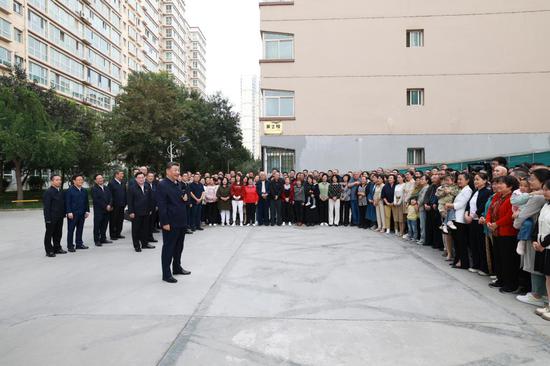
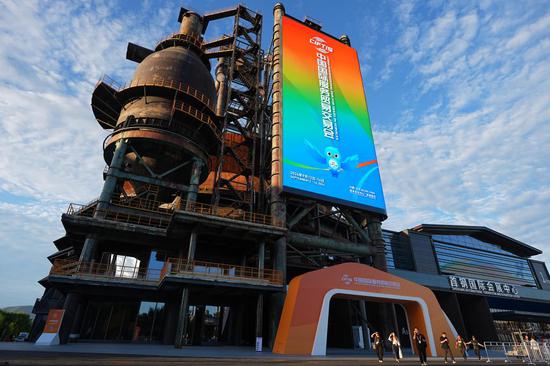
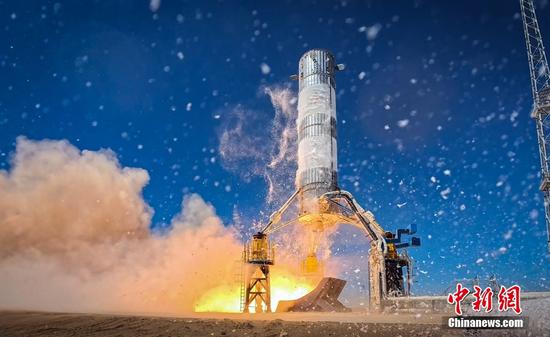





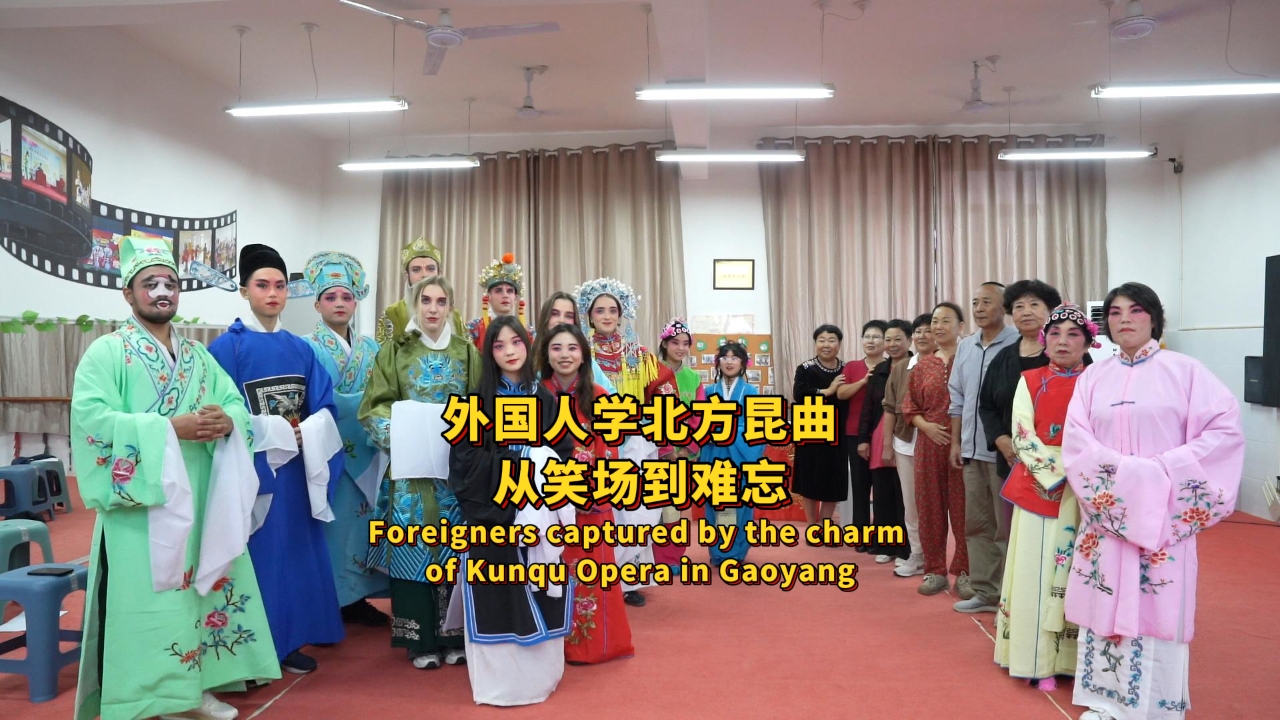

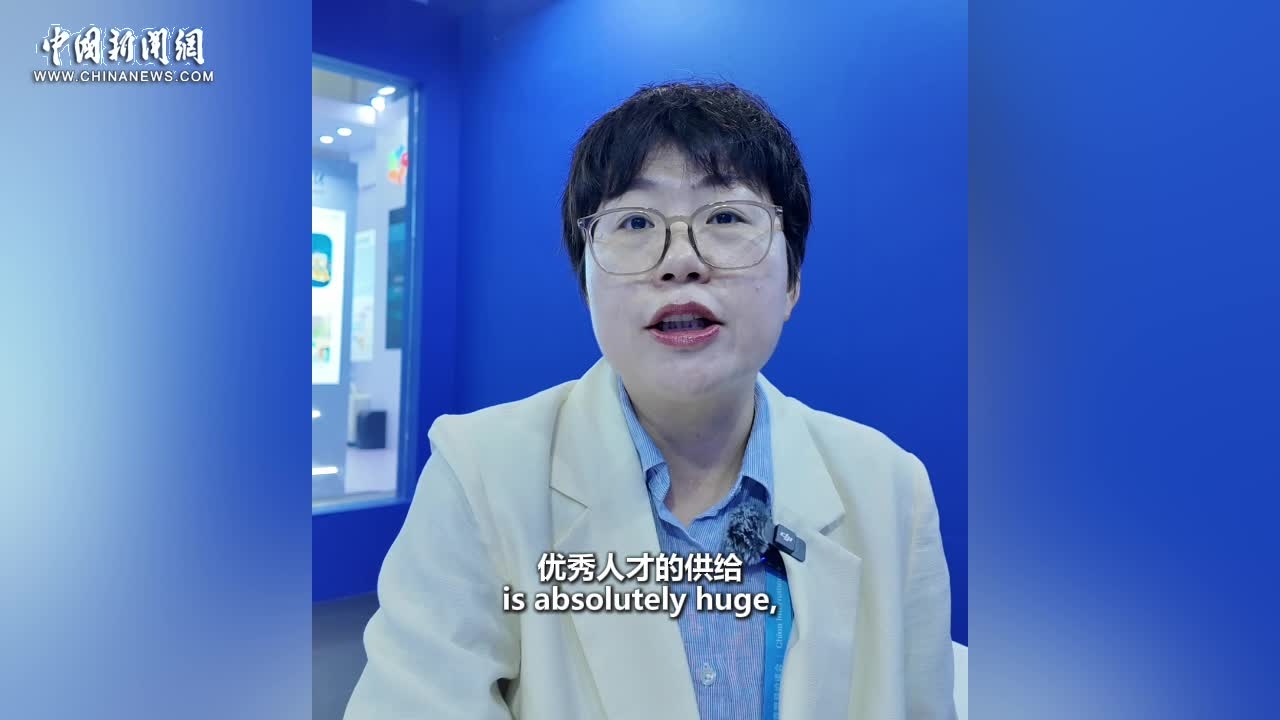

 京公網安備 11010202009201號
京公網安備 11010202009201號